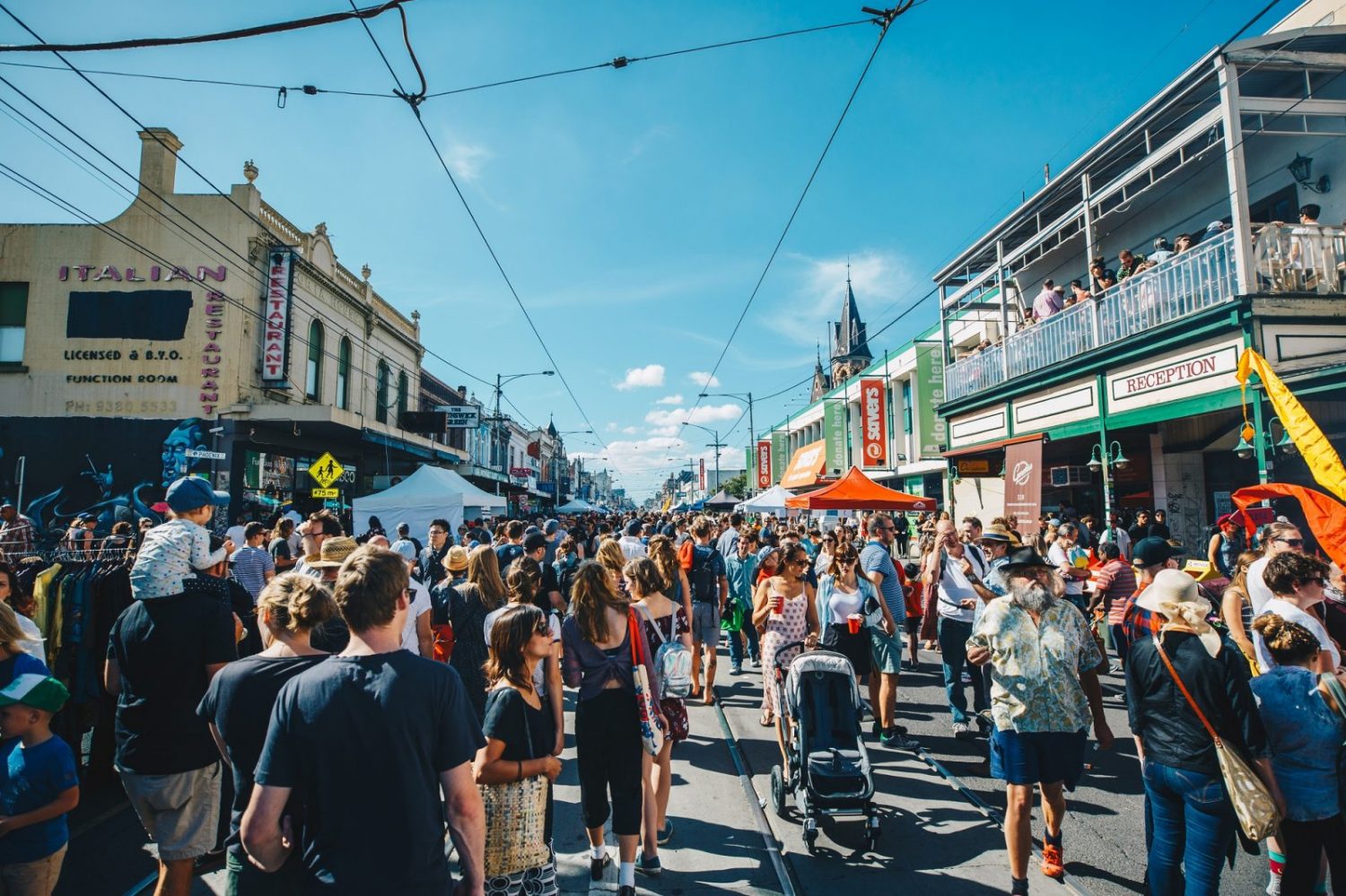We unpack the current vaccination situation and explore the risks involved with getting the AstraZeneca jab.
When I woke up on Thursday July 15, excitement was rife for the weekend of festivities ahead. Tickets to see revered producer DJ Boring perform a five-hour set at Brown Alley on Friday had the group chat pinging, while the race was on to score a spot at Detroit native Marcellus Pittman’s sold-out show at The Night Cat on the Saturday – would Tixel come through with the goods?
Sure, I was aware of a few new cases here and there, but I was never of the perception that within eight hours of that morning animation, there would be the announcement of another lockdown.
It’s something Melburnians are all too familiar with – this shit moves so quickly, and announcements are made faster than butter melting on a piece of banana bread after it’s had a minute in the microwave.
Stay up to date with what’s happening in Melbourne here.
Immediately, Melburnians were left reeling at the prospect of another lockdown; immediately, weekend plans were quashed; immediately, live music venues, pubs, bars, clubs, cafes, restaurants and beyond, were having crisis meetings as they navigated the inevitability of another temporary closure.
Record Store Day is no more, while the first weekend of Leaps and Bounds Music Festival won’t be going ahead as planned. First and foremost, our thoughts go out to those who organise the things Melburnians enjoy for recreation, and all those connected to such a selfless duty – the artists, sound engineers, bartenders, chefs, promoters, bookers and everyone in between.
This is fucked for you, and us pleasure-seekers and gig-goers extend our condolences.
We might not want to hear it or accept it, but unless we rally together and get vaccinated, we’ll continue to hear from Mr. Lockdown – that antagonistic science teacher who always gives you a hard time… ‘Just feck off, mate’.
View this post on Instagram
We sympathise with your reservations. For most of us, AstraZeneca is the only jab available – one which comes with a dirty reputation. But have you done the research and understood the risks involved?
If not, no stress. We’re here to do it for you.
Since it was brought in, AstraZeneca has always been the preferred vaccination for over 60s, as statistically, people younger than this are at higher risk of blood clots. Pfizer has been the preferred jab for under 60s.
For those over 60, getting the AstraZeneca shots not only provides strong protection from COVID-19 and its variants, but in the case you were to contract COVID-19, the chances of getting a severe disease or dying from this is much higher than the side effects from the AstraZeneca vaccine.
In fact, according to research conducted by the ABC, for people 60-69 years of age, the statistical chance of acquiring thrombosis with thrombocytopenia syndrome (the scientific name for the blood clot condition in question) is 1.4 in 100,000. For 70-79 year-olds, it’s 1.8 in 100,000, while for those 80+, it’s 1.9 in 100,000.
The research comes via the Australian Technical Advisory Group on Immunisation (ATAGI), who based their findings on international data.
What role does the Australian Technical Advisory Group on Immunisation (ATAGI) play in decisions around Australia’s vaccine program? #QandA pic.twitter.com/NBl0jN7bH7
— QandA (@QandA) July 15, 2021
Some of us are over the age of 60, however, a large portion of you will be younger than that. Getting a vaccination always comes with its risks, and there are risks associated with the AstraZeneca vaccine, which we recognise are higher for many of us whippersnappers, but let’s look at the facts to paint the picture for us.
For people aged 50-59, according to the aforementioned research from the ABC, the chance of acquiring TTS is 2.7 in 100,000. And for those 50 or younger, the risk is 3.1 in 100,000.
Outside of that, you may experience temporary side effects from the AstraZeneca vaccine, which include pain or tenderness from where the injection has occurred, as well as tiredness, headache, muscle pain, fever and chills. Such side effects are mild and temporary and generally last for 1-2 days after the jab.
Other rare and unknown side effects from the AstraZeneca vaccine cannot be ruled out, but that’s the case with any medicine or vaccine, and the chance of these are even lower.
If you do choose to get the AstraZeneca vaccine, you’ll also have to decide how long after the initial jab you’ll get the booster shot. Information around this is constantly changing so best to trust the advice of your GP.
It’s been a long journey from March 2020 to now, and each day we learn a bit more about how the pandemic behaves, while the emergence of new variants keeps us on our toes.
One things for certain though, the only foolproof way for the world to return to consistent normality, is for people to get vaccinated.
Now that all adults have the opportunity to do so in Australia, and with the statistical risks laid out for all to see, you have all the resources you need to consider what you’d like to do.
Good luck with it!
For more information on the current vaccination situation in Australia, head here.

